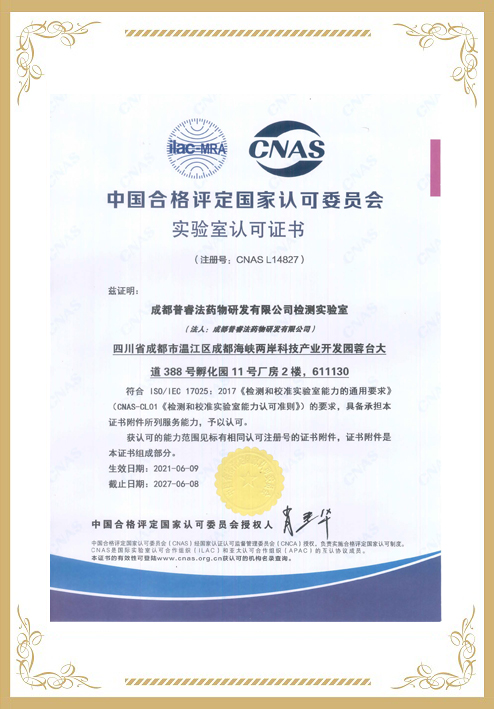Background
Bryodulcosigenin (BDG) a cucurbitane-type triterpenoid has been isolated from the roots of Bryonia dioca and possesses marked anti-inflammatory effects, although its beneficial effect against intestinal disorders remains unclear.
Purpose
To explore the underlying mechanism of BDG on the dysbiosis of chronic ulcerative colitis (UC) and its associated side-effects on lung tissues.
Methods
A chronic UC model was established using 2.5% dextran sulfate sodium (DSS) in mice treated for 64 days and diagnostic assessments, western blot analysis and quantitative real time-PCR were employed to determine the protective mechanism of BDG.
Results
Oral administration of BDG (10 mg/kg/day) significantly improved colon length, disease activity index, and alleviated colonic histopathological damage in the DSS-induced colitis mice. BDG not only reversed the TNF-α-induced degradation of tight junction proteins (occludin and ZO-1) but also suppressed the elevated apoptosis seen in intestinal epithelial cells (NCM460). In addition, BDG significantly attenuated damage in alveolar epithelial cells (MLE-12) co-cultured with NCM460 cells under inflammatory conditions. Furthermore, BDG in vivo significantly prevented the symptoms of respiratory disorders and repressed alveolar inflammation by regulating DSS-induced chronic colitis in mice.
Conclusion
BDG effectively inhibited the apoptosis of intestinal epithelial cells and suppressed the activation of the NLRP3 inflammasome which resulted in the restoration of the intestinal barrier. Therefore, the enhanced integrity of intestinal epithelial cells produced by BDG intervention contributed to its anti-colitis effects, indicating its great potential as an inhibitor of UC and lung injury. Therefore, restoring intestinal integrity may represent a promising strategy in the prevention of pulmonary disease.























